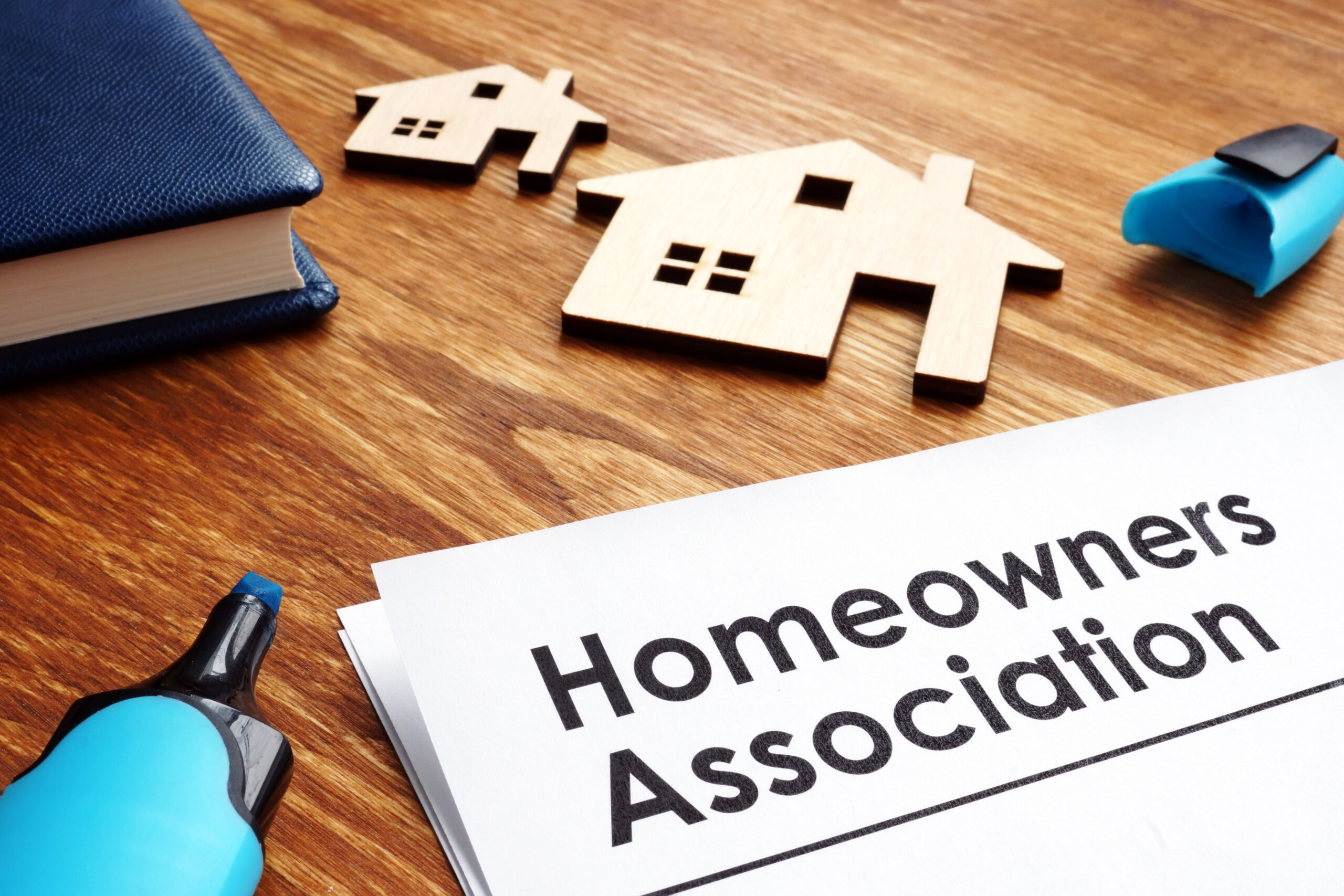On June 30, 2025, the California Legislature enacted Assembly Bill 130. While RJR previously reported on AB 130’s CEQA-related reforms aimed at streamlining housing approvals and reducing development costs, the same bill also includes important amendments to the Davis-Stirling Common Interest Development Act that directly affect how homeowners associations enforce their governing documents. These amendments revise Civil Code Sections 5850 and 5855, which regulate association discipline, hearings, and fines.
Key Provisions of AB 130 Affecting HOAs and Condominium Associations:
- Fine Cap: An association may not impose a fine greater than $100 per violation (or a lower amount if set in the association’s adopted schedule), unless the violation demonstrably creates an adverse health or safety impact on the common area or another member’s property.
- No Add-Ons: Late charges or interest may not be added to any fine.
- Right to Cure: Before issuing a fine, the association must provide written notice of the alleged violation and allow the owner a reasonable opportunity to correct or commit to correcting the issue.
- Hearing Timelines: Boards must hold a disciplinary hearing and issue a written decision within 14 days after the hearing.
- Documented Exceptions: Any fine above $100 must be justified by a written finding made in an open meeting describing the specific health or safety impact.
Associations should review and amend their existing enforcement policies, fine schedules, and template notices to comply with these new statutory requirements. Managers should ensure that hearing letters, board agendas, and minutes reflect the new notice and documentation rules. For developers and declarants, AB 130 should also be considered when preparing CC&Rs or operating rules for new projects or annexation phases to ensure that enforcement provisions align with the new fine limitations.
AB 130 changes how California HOAs may impose and process fines. Boards, managers, and developers should act now to bring enforcement practices and governing documents into compliance.
For assistance updating governing documents or interpreting these changes, please contact Jay Drake at Reuben, Junius & Rose LLP.
Authored by Reuben, Junius & Rose, LLP Partner, Jay Drake.
The issues discussed in this update are not intended to be legal advice and no attorney-client relationship is established with the recipient. Readers should consult with legal counsel before relying on any of the information contained herein. Reuben, Junius & Rose, LLP is a full service real estate law firm. We specialize in land use, development and entitlement law. We also provide a wide range of transactional services, including leasing, acquisitions and sales, formation of limited liability companies and other entities, lending/workout assistance, subdivision and condominium work.


